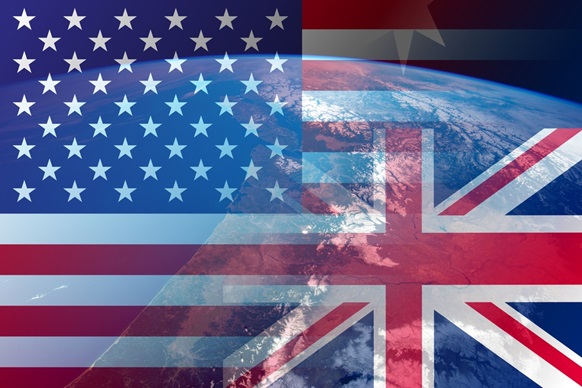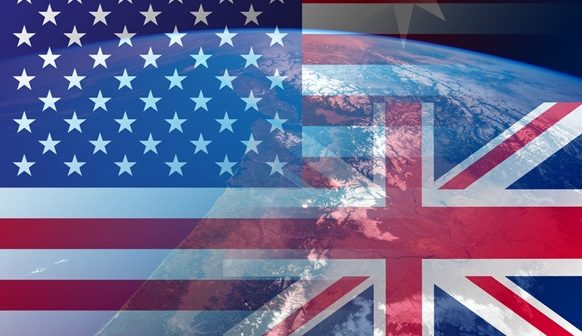
Written by staff writer.
A treaty-level agreement between Australia and the United States was tabled in the Australian Parliament on February 28, 2024, paving the way for the US government and private entities to undertake space launch activities in Australia.
The Technology Safeguards Agreement (TSA) sets down the legal and technical framework to facilitate the correct handling of sensitive technologies and support the launch of US space launch vehicles and satellites in other countries.
The US has signed TSAs with other partner countries, including the United Kingdom in 2020, Brazil in 2019, and New Zealand in 2016. In New Zealand’s case, the TSA opened the way for RocketLab, through its US parent company, to start launches from its North Island spaceport.
Australia and the US signed the TSA in October 2023 during Anthony Albanese’s visit to Washington DC.
The US State Department says the TSA has the potential to create new commercial opportunities for both the Australian and US space sectors. Once ratified by parliament and passed into law, the agreement will cover any US space technology launching from or returning to Australia, such as US launch vehicles (including spacecraft and satellites) and US equipment and data associated with space launch activities.
Launch activities in Australia that do not involve US space technology or equipment fall outside the TSA’s scope. The agreement also does not prevent Australian companies from deploying Australian technology in international markets.“(The) TSA with the US will generate new opportunities and investment for our launch sector and is a signal of the ongoing momentum within the Australian space ecosystem,” said Enrico Palermo, Head of the Australian Space Agency, at the time.
“The TSA increases Australia’s attractiveness as a place to launch from in addition to our geography, ability to access different orbits, wide open ranges, focus on responsible operations and trusted alliances to protect sensitive technologies.”
Australia’s Ambassador to the United States, Kevin Rudd, said the agreement would create more high-skilled jobs and boost supply chains in the country.
In a statement, Australia’s Department of Industry, Science, and Resources said the agreement would help the country scale up its space infrastructure and uplift the domestic space sector. The department says increased launch activities will put downward pressure on launch prices, making the country more attractive as a launch and return venue.
The CEO of Australia’s Southern Launch, which has developed the Koonibba Test Range and Whalers Bay Orbital Launch Complex in South Australia, says the TSA is a game changer.
“This agreement allows us to work closely with US space companies to facilitate launches or returns from our Australian sites,” says Lloyd Damp. The US-based Varda Space wants to return its in-space manufacturing capsule to Koonibba later this year. Lloyd says the TSA makes the process easier and opens the way for Varda to launch from Whalers Bay.
“This agreement will accelerate the development of the Australian space industry, and we are excited about the opportunities this will bring to our nation,” he said. “We have known for many years that our launch sites and expertise could benefit the US. Now, it’s time for us to step into the spotlight and showcase our capabilities to the world.”
The TSA is expected to come into force later this year.





